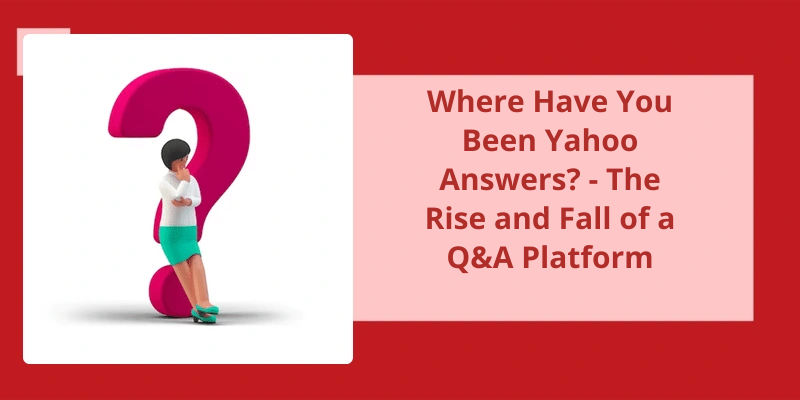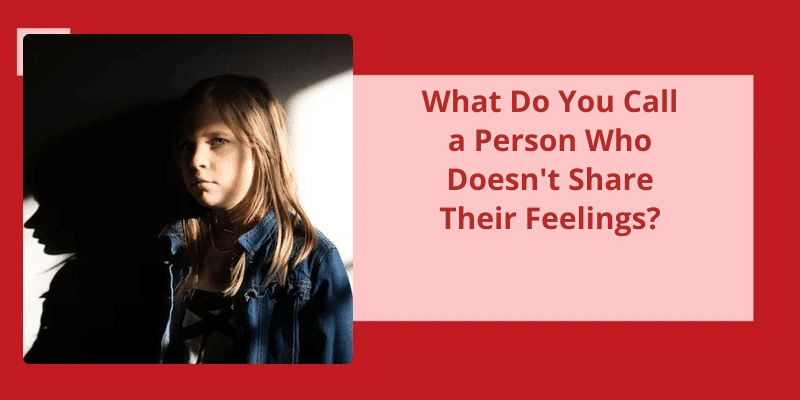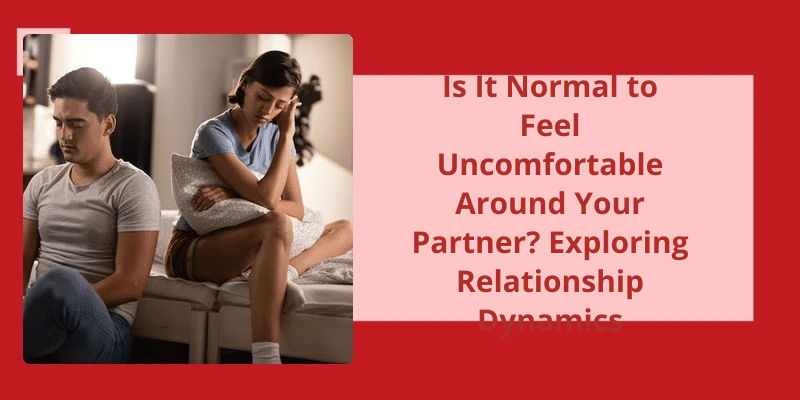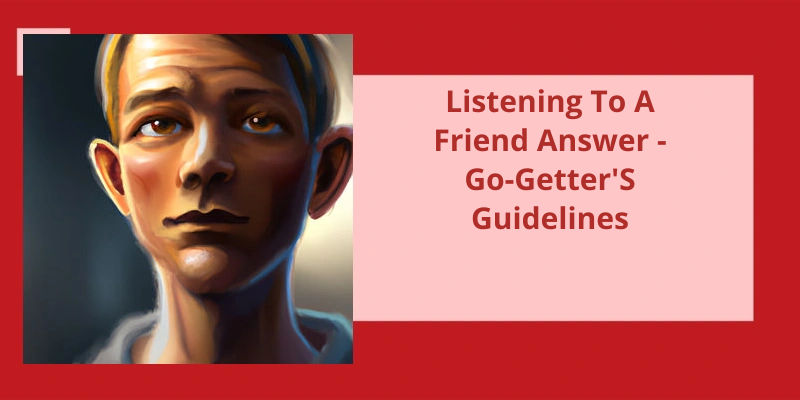Asking and answering questions online has been an integral part of the internet culture for several years. The Yahoo Answers platform was one such popular online Q&A website that existed for over 15 years until it’s closure in May 2021. Whether it was seeking advice on personal relationships or getting technical solutions for obscure problems, Yahoo Answers provided a space for users to interact, share information and connect with others. The platform amassed a large community of contributors and lurkers, and it’s legacy remains relevant in shaping the internet's knowledge-sharing landscape. So, if you were one of the millions of users who participated in Yahoo Answers, you might be wondering where it went and what happened to your contributions.
Is It Right to Say Where Have You Been?
This question is typically used when someone has been absent for a period of time and the speaker is curious about their whereabouts. It can also be used in a more light-hearted or joking manner, such as when a friend is late to meet up.
On the other hand, “Where had you been?” is past perfect, and is used to refer to a time before a past event. This question implies that the speaker is interested in the past actions or whereabouts of the person being addressed.
In certain contexts, the use of one tense over the other can convey different levels of urgency or importance. For example, if a parent is asking their child “Where have you been?” it may imply some concern for their safety or well-being. Alternatively, if a friend is asking “Where had you been?” it may be a more casual inquiry about their recent activities.
It’s important to note, however, that both tenses can be used interchangeably in casual conversation without any significant change in meaning. While some people may prefer one form over the other, there’s no strict grammatical rule dictating the use of one tense over the other.
Both forms are grammatically correct and convey slightly different meanings, but can often be used interchangeably in casual conversation.
Now that we’ve clarified the difference between “Where were you” and “Where have you been,” let’s explore some common situations where one might use these phrases and the implications each one carries.
What Is the Difference Between Where Were You and Where Have You Been?
Additionally, “Where were you” implies a singular location or event that someone missed or was absent from. It’s a simple question that can be answered with a straightforward response. On the other hand, “Where have you been” is more open-ended and can imply that someone has been away for a longer period of time or has been to multiple locations. This question invites a more detailed response and can spark a conversation about the persons recent experiences.
It can also imply that the person has been avoiding someone or something. This phrase can carry both positive and negative connotations, depending on the context. For example, if you ask someone “Where have you been?” with excitement, it might imply that you missed them and are happy to see them again. However, if you ask the question with suspicion or frustration, it could mean that you’re questioning the persons whereabouts or motives.
In contrast, “Where were you” is more neutral in tone and only refers to a specific time or place. It’s a question that’s commonly used in everyday conversations to catch up on somebodys whereabouts. For instance, if youre meeting up with a friend, you might ask “Where were you yesterday?” to see if they missed a planned activity. The question usually implies that there’s some mild curiosity, but not necessarily a deep desire to know everything that’s happened since you last saw the person.
The difference between “Where were you” and “Where have you been” is mainly in their tense and connotations. The choice of phrasing can also influence the tone and implications of the conversation, from neutral to positive and negative. Ultimately, both phrases can serve as a catalyst for conversation and catching up with someone.






